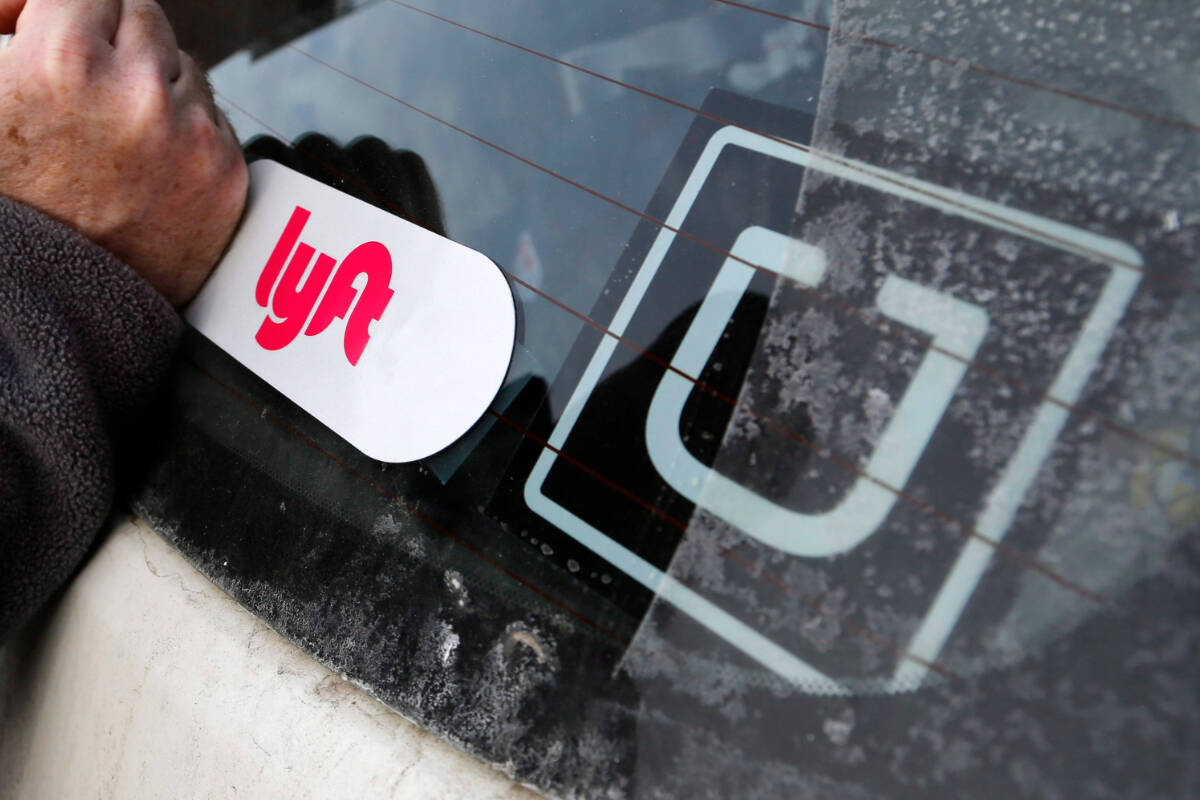A new study has found that women working in the gig economy on apps like Uber, Doordash and Skip the Dishes face disproportionate levels of harassment because of how the apps are designed.
The study was a joint effort authored by researchers at UBC, UC Santa Cruz and Carnegie Melon University. Researchers interviewed 20 women in Canada and the United States about their experience working in the gig economy and found women often “brush off” instances of harassment for fear of losing work.
Women interviewed said that current tools to address harassment aren’t effective and companies lack clear policies about what to do when faced with harassment on the job. The most common safety feature on apps is an emergency button that triggers a 911 call, but harassment often doesn’t escalate to the level that it requires police intervention.
“Calling 9-1-1 wastes time for the women gig workers, who need to get to the next ride or food order to earn money,” said Ning Ma, lead author of the study and post-doctoral fellow at UBC. “Time is essential in this type of work, so this largely led to women brushing off harassment. Subtle harassment is still unacceptable, and there needs to be an intermediate step to support women gig workers.”
Part of the problem is that the apps are designed without taking the lived experiences of women into account, despite the fact that women make up about half of the total gig-economy workforce. Researchers said app designs are “gender agnostic”, which leads to male experiences being accepted as the default.
While women faced harassment across multiple platforms, researchers found the most serious instances of harassment occurred on ride-sharing apps like Uber and Lyft, as they require workers to spend more time interacting with customers than other kinds of work.
Women bring unique value to gig platforms, such as perceived safety and emotional support for customers, but the benefits are not recognized or rewarded by the platforms. Instead, women’s self-defence options are compromised by rating-based assignment mechanisms within platforms. Low ratings can impact earning potential and even result in workers being removed from apps.
“A lot of work is being ‘gigafied’ so it’s very important for us to understand how the design of these workplaces is affecting people of more vulnerable social backgrounds,” Ma said.
In a statement to Black Press Media, Uber said driver safety is a ‘top priority’.
“We’ve pioneered many of the safety features that are standard in the industry today, including an in-app emergency button, and are piloting new features all over the world. Our work on safety is never done, and we remain committed to investing in technology and features designed with safety in mind.”
READ MORE: Provincial competition law needed to address the power of gig work platforms
READ MORE: Ottawa’s response to ‘gig economy’ hindered by unreliable data, documents say
@SchislerCole
cole.schisler@bpdigital.ca
Like us on Facebook and follow us on Twitter.

